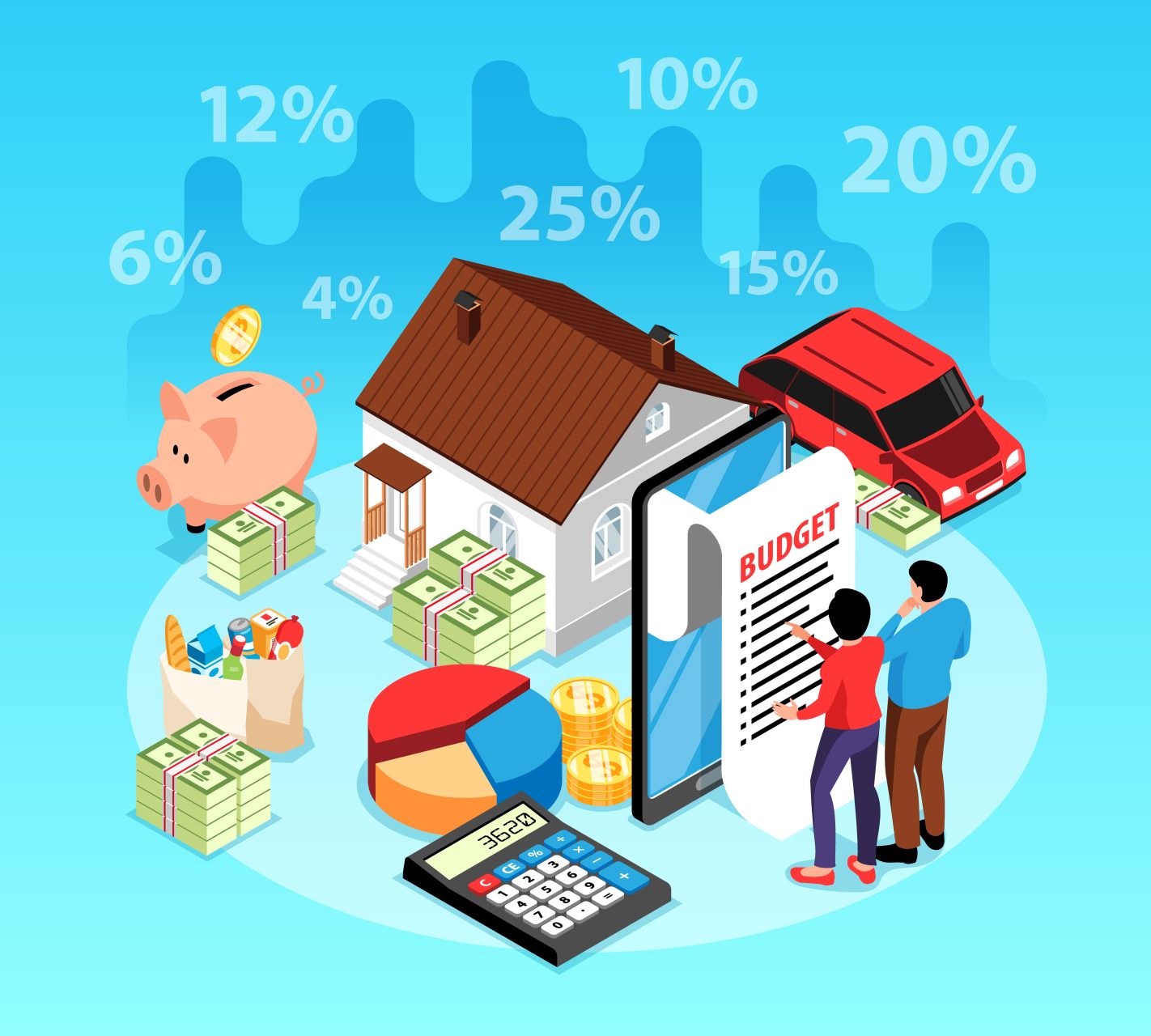As we step into the vibrant cityscape of Beijing in 2023, one of the first things on the minds of residents and newcomers alike is the cost of living. Beijing, the bustling capital of China, is known for its rich history, modern development, and diverse culture. In this blog post, we’ll explore the current price landscape in Beijing, offering insights into essential expenses, lifestyle choices, and economic trends shaping the city.
- Accommodation:The cost of housing in Beijing continues to be a significant factor for residents. As of 2023, rental prices may vary based on location, amenities, and the size of the property. Central areas like Chaoyang and Haidian tend to command higher rents compared to suburbs. On average, a one-bedroom apartment in the city center could range from ¥6,000 to ¥10,000 per month, while suburban areas may offer more affordable options starting from ¥3,500.
- Transportation:Beijing boasts an extensive public transportation system, including buses, subways, and taxis. Public transportation is generally affordable, with a single subway fare costing around ¥3-¥5. Taxis start at ¥13 with an additional ¥2.3 per kilometer. For those who prefer the convenience of owning a car, be prepared for additional expenses like parking fees and fuel costs.
- Groceries and Dining Out:The cost of food is diverse in Beijing, catering to various preferences and budgets. Local markets and grocery stores offer fresh produce at reasonable prices, allowing residents to cook at home economically. On average, a monthly grocery bill for a single person can range from ¥800 to ¥1,500. Dining out in local eateries may cost between ¥30 to ¥100 per meal, while upscale restaurants could exceed ¥300 per person.
- Utilities:Monthly utility bills, including electricity, heating, cooling, water, and garbage, typically amount to ¥300 to ¥600. However, the cost may fluctuate based on the size of the apartment and personal consumption habits.
- Healthcare:Healthcare costs in Beijing can vary depending on whether you rely on public or private services. Public healthcare is generally affordable, with a basic doctor’s visit costing around ¥50 to ¥100. However, expatriates and some locals prefer private healthcare for its more extensive services, which may come at a higher cost.
- Entertainment and Recreation:Beijing offers a wide array of entertainment options, from cultural activities to nightlife. Movie tickets usually range from ¥40 to ¥100, while a night out in popular bars or clubs could cost ¥100 to ¥500. Cultural events and museum visits may have varying entrance fees.
- Education:For those with children, international schools in Beijing can be a significant financial consideration. Tuition fees vary widely, starting from ¥80,000 and reaching up to ¥300,000 annually.
Conclusion:
As we celebrate Beijing’s continued growth and development in 2023, it’s essential to approach the city’s cost of living with informed expectations. While certain expenses may be higher compared to other Chinese cities, the city’s diverse opportunities and rich cultural experiences make it an exciting and vibrant place to call home. Whether you’re living in the city or just visiting, understanding the current price landscape will help you navigate Beijing with confidence.
Beijing offers a variety of ways to make the most of your time here without breaking the bank. For instance, while dining out or enjoying entertainment options may come at a premium, exploring the city’s hidden gems and participating in local activities can offer incredible value. From scenic bike tours that take you through Beijing’s historic hutongs to exciting cultural workshops that introduce you to traditional Chinese arts, there’s a wealth of affordable experiences waiting for you. So, despite the cost of living, Beijing’s vibrant lifestyle, fascinating culture, and unique activities like these offer great value to both residents and visitors.
With an informed understanding of Beijing’s cost of living, you’ll be able to balance enjoying the city’s modern amenities and discovering the authentic local side of Beijing through affordable and enriching experiences.
Back to blog
